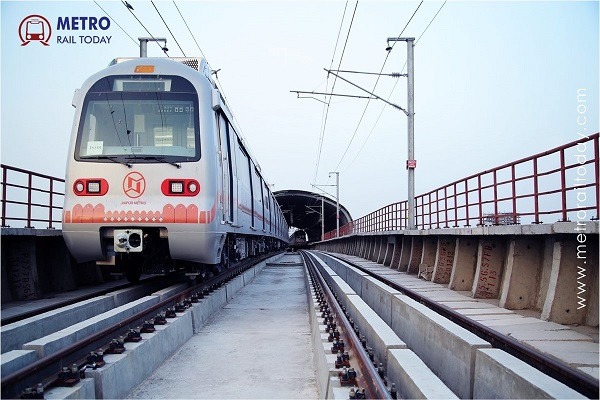 First global civil tender worth ₹1,145 crore launched for Jaipur Metro Phase 2 Project
First global civil tender worth ₹1,145 crore launched for Jaipur Metro Phase 2 Project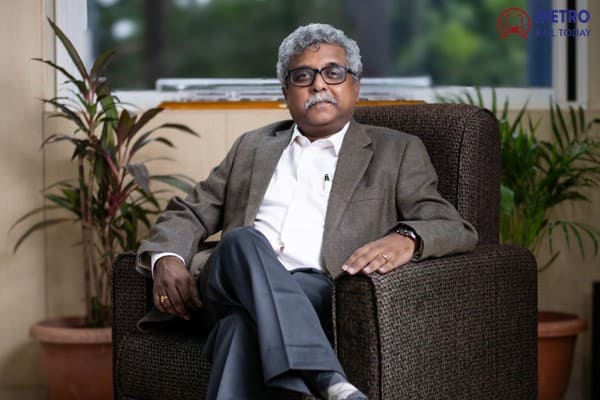 Vande Bharat to Vision 2047 — How ICF is Leading India’s Next Rail Revolution?
Vande Bharat to Vision 2047 — How ICF is Leading India’s Next Rail Revolution?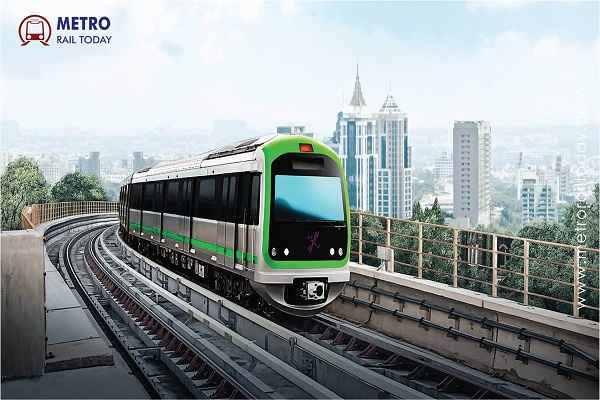 India's first Bengaluru–Hosur Interstate Metro Corridor declared Technically Infeasible
India's first Bengaluru–Hosur Interstate Metro Corridor declared Technically Infeasible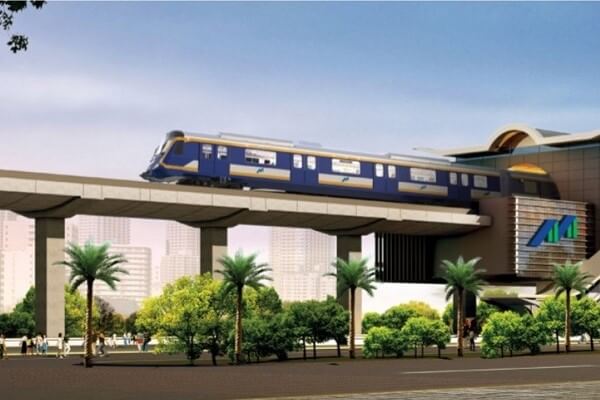 MMRDA awards ₹129.63 crore contract for Multimodal Integration on Mumbai Metro Lines 4 & 4A
MMRDA awards ₹129.63 crore contract for Multimodal Integration on Mumbai Metro Lines 4 & 4A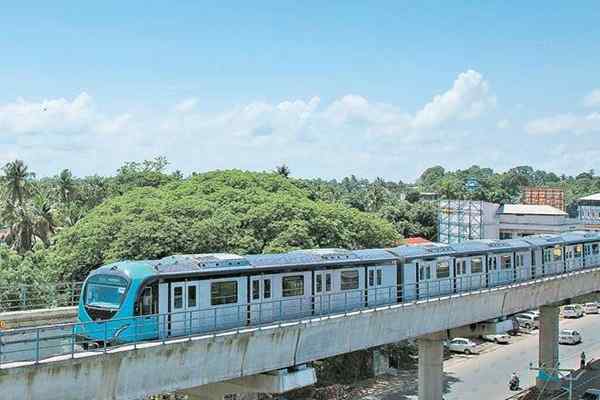 First U-Girder installed on JLN Stadium–Infopark Corridor of Kochi Metro Phase 2
First U-Girder installed on JLN Stadium–Infopark Corridor of Kochi Metro Phase 2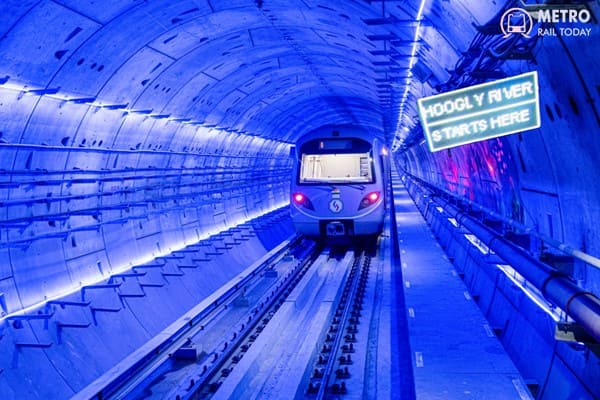 Kolkata Metro Marks 41 Years of Service to the City of Joy
Kolkata Metro Marks 41 Years of Service to the City of Joy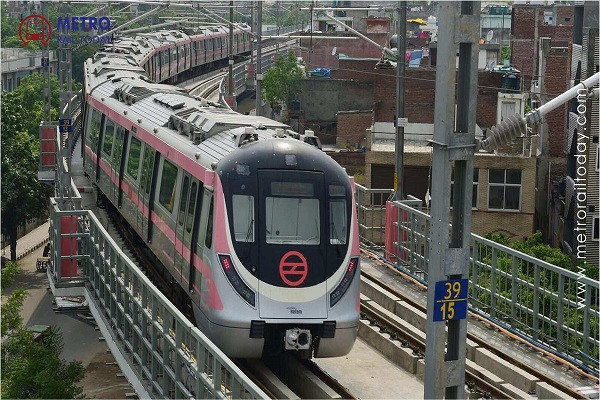 DMRC to introduce Driverless Trains on Delhi Metro Phase 4 Corridors
DMRC to introduce Driverless Trains on Delhi Metro Phase 4 Corridors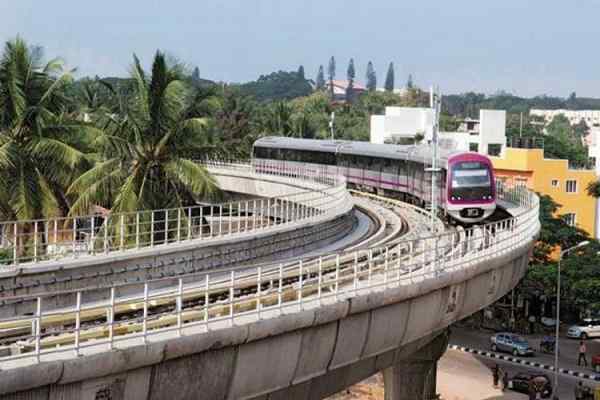 Karnataka proposes Centre of Excellence for Railways and Mobility Innovation
Karnataka proposes Centre of Excellence for Railways and Mobility Innovation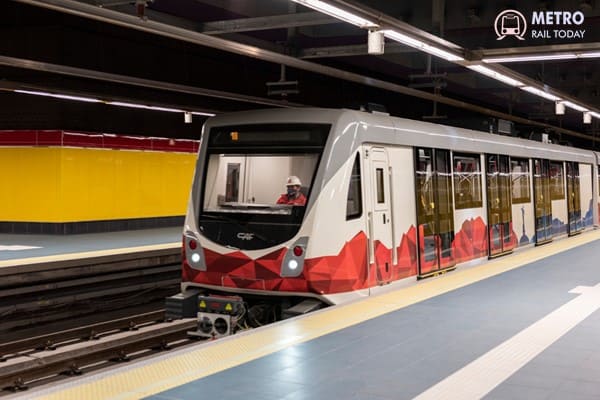 Egypt and Japan approve Greater Cairo Metro Line 4 Project
Egypt and Japan approve Greater Cairo Metro Line 4 Project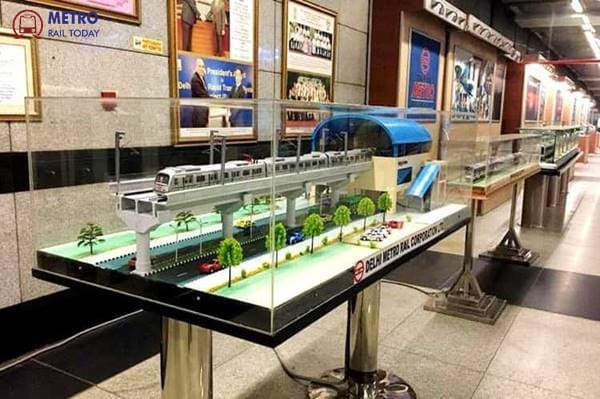 Metro Rail Today continues its legacy as Official Media Partner for 18th Urban Mobility India 2025
Metro Rail Today continues its legacy as Official Media Partner for 18th Urban Mobility India 2025
First global tender launched for construction of Vijayawada Metro Rail Project
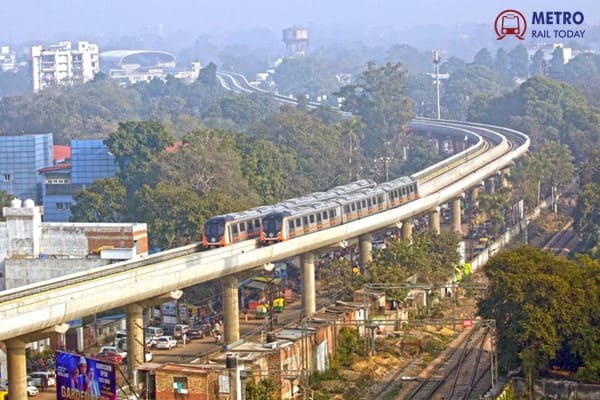
Vijayawada, India (Metro Rail Today): In a pivotal move aimed at transforming urban mobility in Andhra Pradesh, the Andhra Pradesh Metro Rail Corporation (APMRC) has officially floated Engineering, Procurement, and Construction (EPC) tenders for the much-anticipated Vijayawada Metro Rail Project Phase 1. The project, estimated at ₹4,150 crore, is set to revolutionize public transport in the state’s commercial capital while easing traffic congestion and supporting sustainable urban growth.
Phase 1 of the Vijayawada Metro will span 38.40 kilometers, comprising two vital corridors, 32 elevated metro stations, and one underground station. The ambitious corridor design aims to provide seamless east-west connectivity and ensure access to key residential, commercial, and transit zones within the city.
Corridor 1, stretching from Pandit Nehru Bus Station (PNBS) to Gannavaram Bus Stand, will run 25.95 km with 22 stations and includes a unique 4.7-km double-decker flyover. This elevated structure is expected to be a notable engineering feat, designed to optimize vertical space utilization and streamline mixed-use traffic flows, particularly in congested urban pockets.
Corridor 2, also originating from PNBS, will extend 12.45 km to Penamaluru, featuring 12 stations. Together, the two corridors will provide critical last-mile and intra-city connectivity, significantly cutting travel time for commuters.
The tenders, issued under the EPC model, are designed to engage single-point contractors for design, procurement, and construction. This approach is expected to ensure efficient execution, timely delivery, and cost-effective project management. The overall completion period for Phase 1 has been set at 30 months, with the double-decker flyover expected to be completed within 24 months.
This announcement follows the recent signing of a Memorandum of Understanding (MoU) with TYPSA Consultancy, which has been appointed as the General Consultant for the project. TYPSA will be responsible for planning, design supervision, and ensuring that construction adheres to international best practices and quality benchmarks.
The Vijayawada Metro is being developed under a 50:50 equity-sharing model between the Central and State governments, each contributing 20% of the project cost, while the remaining 60% will be sourced through soft loans from international financial institutions. The Capital Region Development Authority (CRDA) will provide the state’s financial contribution of ₹3,497 crore, demonstrating strong local support for the project.
Commenting on the project’s significance, Mrs. Mamta Shah, MD & CEO of Urban Infra Group, said, “The launch of EPC tenders for the Vijayawada Metro marks a major milestone not only for the city but also for the broader vision of transit-oriented development in India’s Tier-2 cities. Projects like these are pivotal for economic growth, urban equity, and environmental sustainability. We applaud APMRC’s proactive approach and international collaboration in shaping a modern, resilient metro system.”
Once operational, the Vijayawada Metro is expected to offer a clean, efficient, and commuter-friendly alternative to road transport, reduce dependency on private vehicles, and promote sustainable development along its transit corridors. It is also poised to generate employment, boost real estate value, and stimulate investments across the capital region.
As Vijayawada gears up to become a smart, future-ready city, the metro rail project stands as a symbol of urban transformation, mobility equity, and forward-thinking governance.




